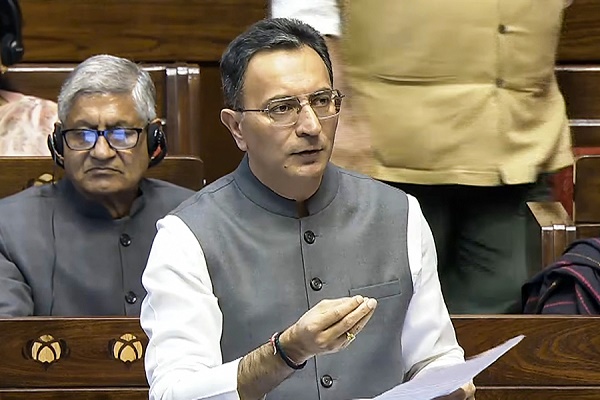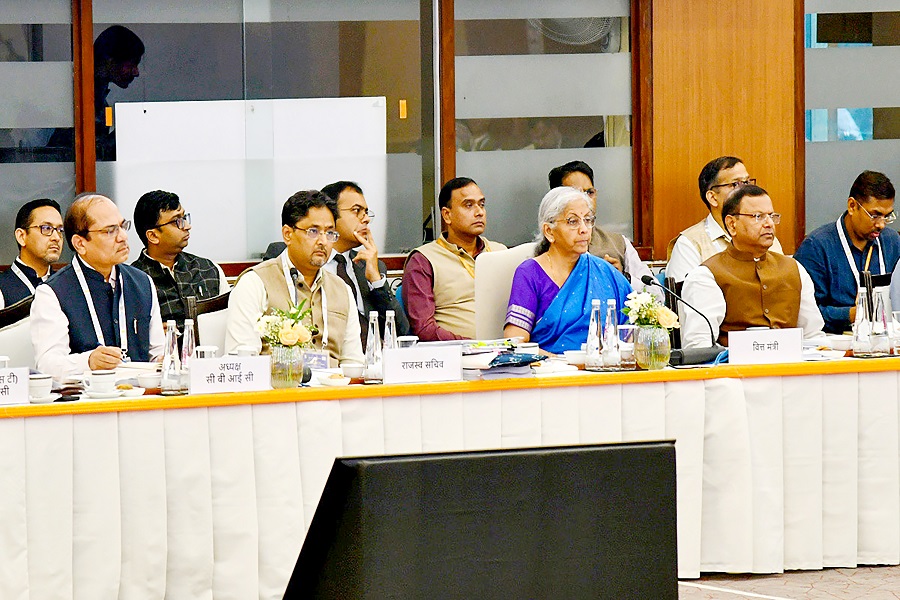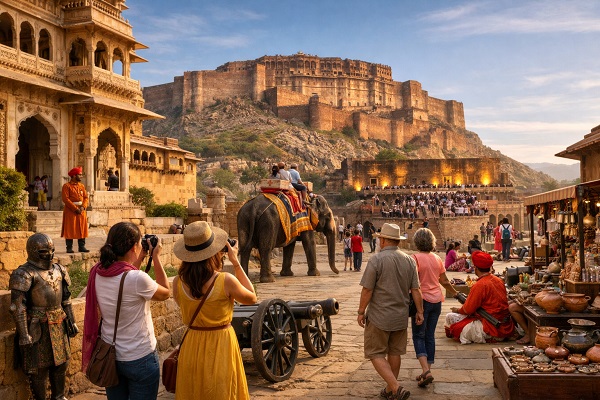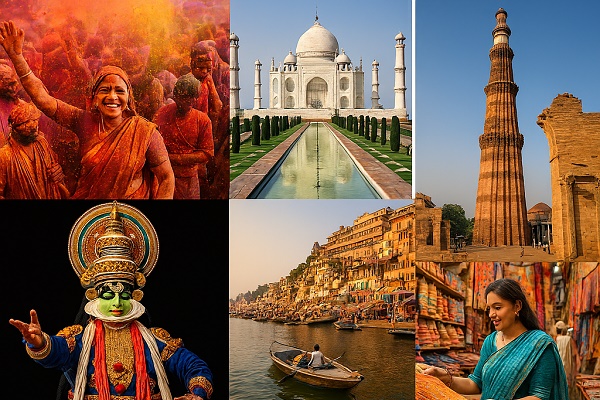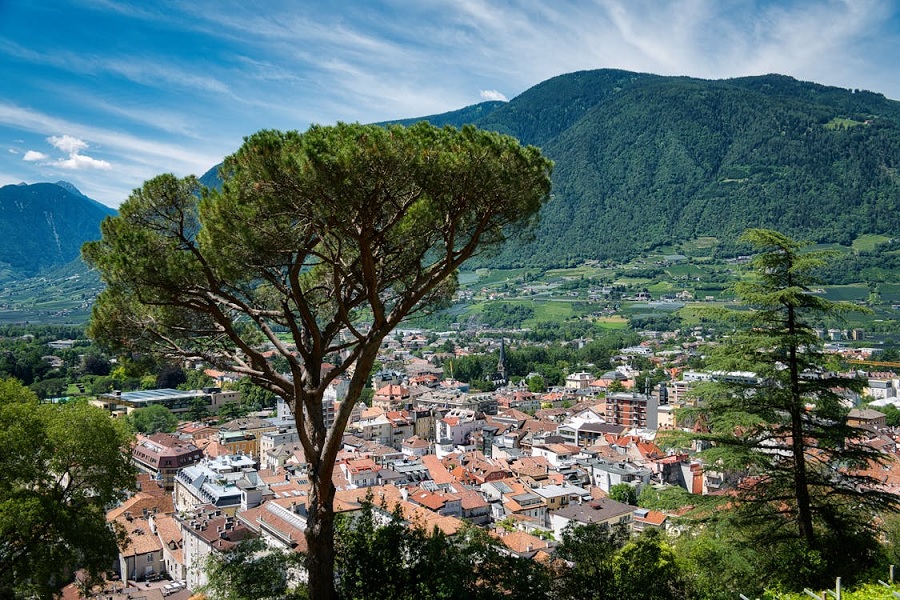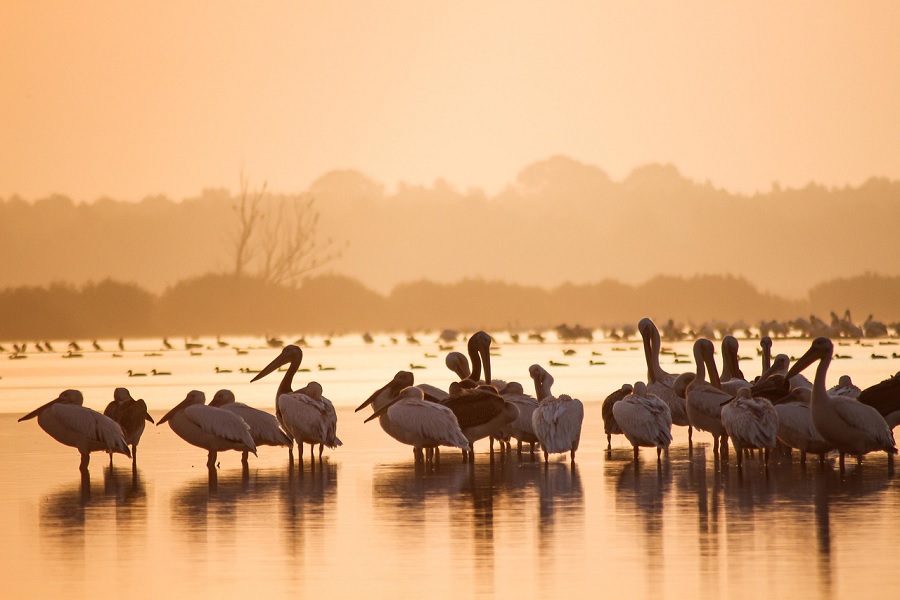Ecotourism Gains Momentum as Travelers Choose Sustainability Over Luxury

What is Ecotourism?
Ecotourism is about traveling with a purpose — to enjoy and appreciate natural habitats while minimizing environmental impact and supporting conservation efforts. It encourages tourists to leave a lighter footprint and make a positive contribution to the places they visit.
Why Ecotourism is Trending
Climate Awareness: As global awareness of environmental issues grows, travelers are becoming more mindful of their choices and their impact on ecosystems.
Experiential Travel: People now prefer immersive experiences like wildlife safaris, nature trails, forest stays, and marine conservation over luxury resorts or shopping trips.
Support for Local Communities: Ecotourism emphasizes community involvement, helping indigenous populations gain employment through guiding, homestays, and local crafts.
Pandemic Reset: The COVID-19 pandemic sparked a return to nature. Travelers are now more interested in wide open spaces, biodiversity, and health-focused retreats.
Popular Ecotourism Destinations
India: Regions like Sikkim, Kerala, Uttarakhand, and the Western Ghats are leading the way with eco-lodges, jungle safaris, and community-based tourism.
Costa Rica: Known as the poster child of ecotourism with its rainforests, wildlife, and eco-certified lodges.
Kenya & Tanzania: Offer sustainable safaris and conservation-led wildlife experiences.
Norway: Combines eco-conscious cruises with pristine Arctic wilderness and green-certified hotels.
Government & Industry Initiatives
In India, the Ministry of Tourism promotes ecotourism under its Incredible India campaign, with guidelines encouraging sustainable practices in tourism hotspots.
Several states have launched eco-tourism circuits, combining protected areas with responsible tourism infrastructure.
Globally, certifications like Green Globe, EarthCheck, and LEED are being adopted by tour operators and hotels to ensure eco-friendly practices.
Challenges Ahead
Despite its potential, ecotourism faces challenges such as greenwashing (false eco claims), over-tourism in fragile zones, and lack of regulations. For ecotourism to remain effective, education, transparency, and community involvement are crucial.
The Way Forward
Ecotourism is not just a trend—it’s a movement toward a better kind of travel. One that values nature, people, and future generations. As more travelers embrace this path, tourism can evolve into a tool for planetary healing rather than harm.


